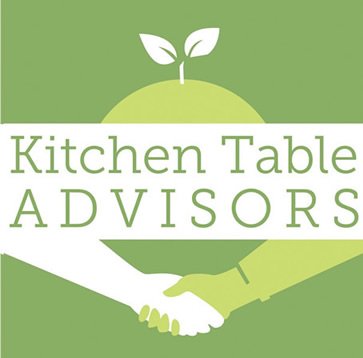Restoring Our Landscapes with Diverse Capital
Photo credit: Paicines Ranch by Alicia Arcidiacono
Imagine a place where rolling hills dotted with blue oaks stretch as far as the eye can see. The soil nourishes ewes and cattle that graze harmoniously amongst native perennials, like saltgrass and purple needlegrass. A river winds across the landscape harboring a diversity of bird life in the riparian zone, while a vineyard peaks out on the hill in the distance, its vines sheltering a thick layer of cover crop. The ranch headquarters are bustling with the energy of the people who live and work on this land, and the visitors who have come to gather, explore, nourish and celebrate. The diversity is abundant, the soil is healthy and the people are happy. This is Paicines Ranch in San Benito County, California.
Paicines Ranch was not always what we know it to be today. The land was once slated to become a resort hotel, golf course and 4,500-unit housing development. In 2001, software engineer-turned-rancher Sallie Calhoun and her husband Matt Christiano purchased the ranch and began a journey to restore the landscape back to health.
And this journey didn’t stop at Paicines Ranch. Sallie wanted to take a systems approach and apply it to the food system by flowing different types of capital towards soil health: ecological, financial and social. The interconnected life of soil is beautiful and complex and, as such, the capital needed to flow in a way that mimicked diverse natural ecosystems. Out of this intention the #NoRegrets Initiative took root as an integrated strategy that deploys social, ecological and financial capital to improve the health of agricultural soil and agricultural communities in North America.
Photo credit: Paicines Ranch by Alicia Arcidiacono
Soil & Place
Place is rooted in soil. The Paicines Ranch team manages this diverse landscape in partnership with nature and livestock to produce 100% grass-fed-and-finished lamb and beef, pastured turkey, organic grain, and grapes from their polyculture vineyard. Ecological capital is used to model a place where agriculture is a restorative practice--one that creates biodiversity and ecosystem vitality; increases soil health and carbon sequestration; grows high quality food, fuel and fiber; creates regenerative economies; and represents a cherished vocation.
Ecosystem & Place
Investment in land stewards is critical to creating resiliency and abundance, and keeping people on the land. Through Cienega Capital, investment capital is used to support the individuals who are most deeply in relationship with land–farmers, ranchers and practitioners--and the businesses they own. By way of the Globetrotter Foundation, grants work to catalyze the greater ecosystem of soil health by supporting the non-profits that work with the agricultural community to test new methods of cultivation, train a new generation of agrarians, address the issue of diversity in land access, and promote healthy, locally-sourced food. The portfolio is one that mimics the beauty, complexity and diversity of the natural world.
Photo credit: Paicines Ranch by Alicia Arcidiacono
Human Connection & Place
Place and human connection are deeply intertwined. The Paicines Ranch Learning Center (PRLC) offers a place to re-establish humanity’s deep reverence for the natural world by educating, inspiring and connecting people with new ideas and networks that advance soil health. The PRLC hosts workshops to share knowledge with practitioners, convenes investors and philanthropists to explore a regenerative framework for their funding, and gathers the community to celebrate the voices of regenerative agriculture. Within the Kitchen Table Advisors farmer community, we’ve counted Doniga Markegard of Markegard Family Grass-Fed and Kristyn Leach of Namu Farm among the local leaders who have shared their knowledge and perspective with visitors.
Ecologically, economically, and socially, our relationship to place is a profound human touchstone. To sustain the places that define our home, capital must flow in a holistic, interconnected and lasting way, supporting the people and communities who are stewarding our lands and building resilient ecosystems.



